Where The World’s Richest Are Moving (And Why It Matters To Australia)

- In 2025, a record 142,000 millionaires will relocate globally, reshaping economies, property markets, and investment flows in real time.
- Australia isn’t leading the pack in net inflows, but its stability, lifestyle, and education make it a prime second-choice destination for wealthy migrants.
- Inbound millionaire migration could quietly boost Australia’s trophy property market, luxury retail, and private capital sectors, creating targeted opportunities for savvy local investors.
The world’s wealth map is redrawing itself in real time , and Australia, whether we realise it or not, is one of the squares on the board.
This year alone, a record 142,000 millionaires are expected to change countries. That’s not just annual holiday traffic as the world’s CEOs take a break from the rat race; these are individuals with balance sheets big enough to tilt property markets, seed startups, and reshape entire neighbourhoods with their daily morning machas.
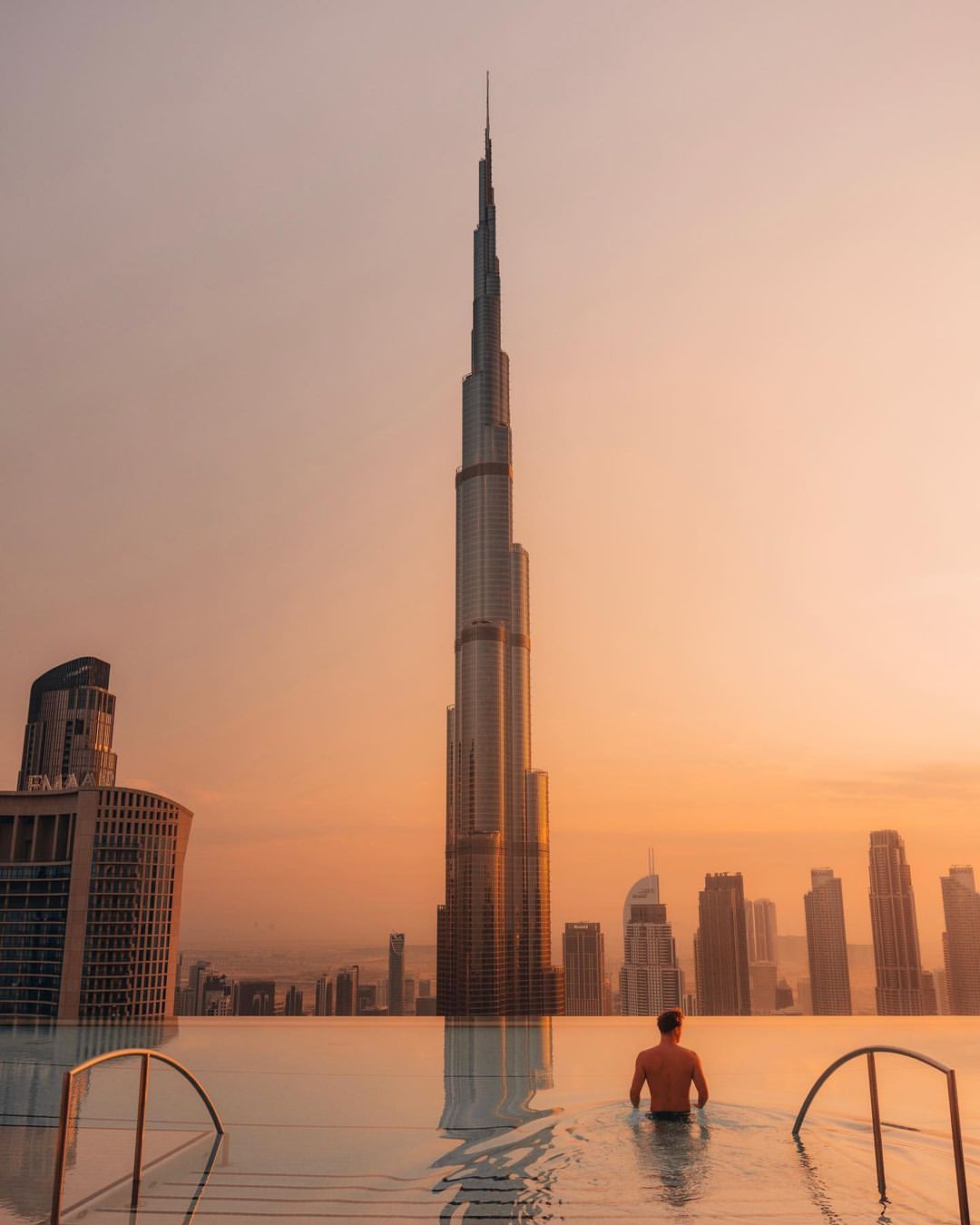
They’re packing up their lives, moving where they believe their future will be safer, richer, and more rewarding. And it could have a huge impact on the Australian economy.
Surprisingly, the top destination in 2025 isn’t Monaco’s glitz, London’s old-world allure, the Bahamas’ tax haven status, or Switzerland’s famed discretion.
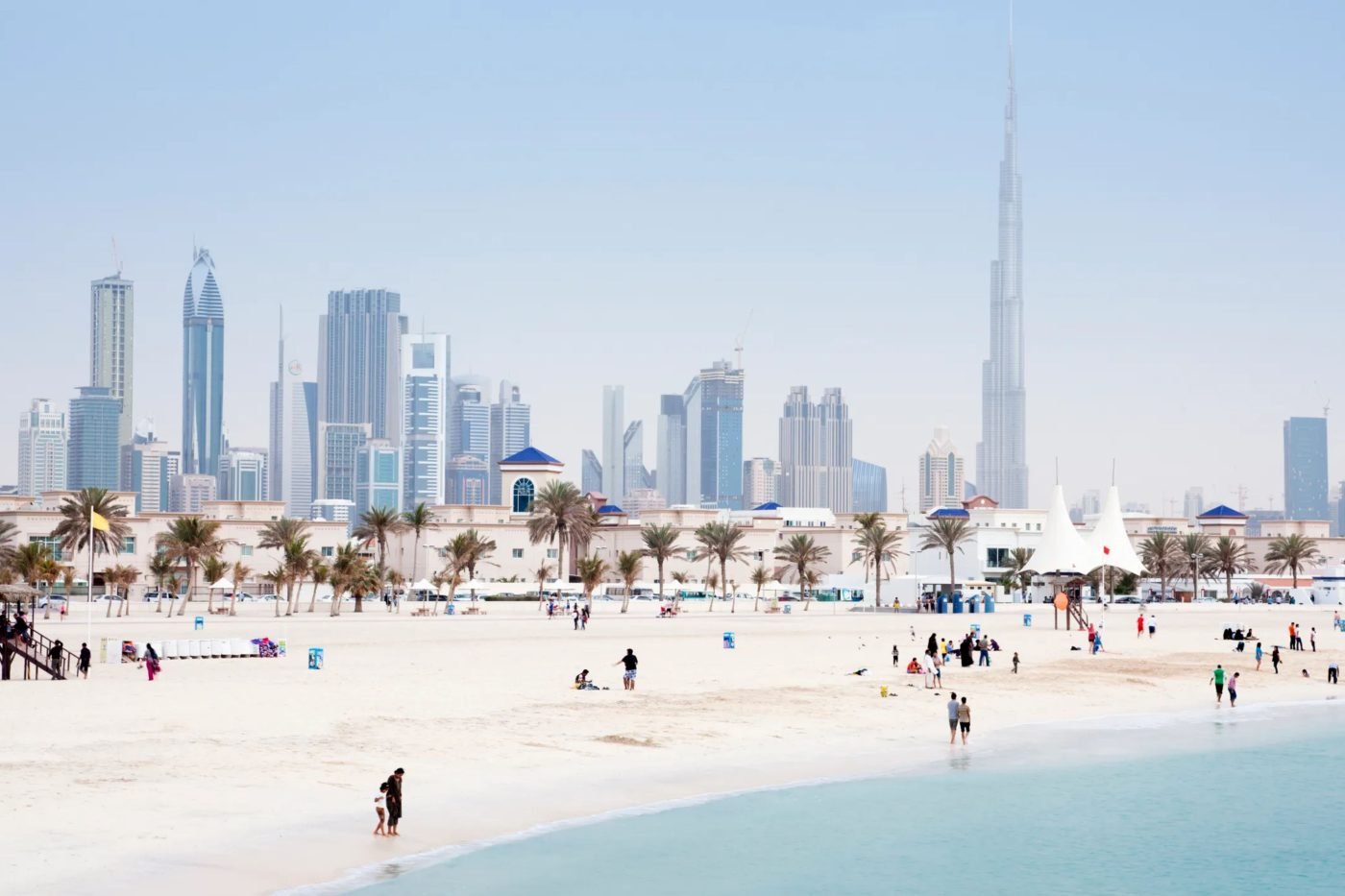
This year, the United Arab Emirates will welcome a staggering 9,800 high-net-worth individuals (HNWIs); the highest single-country net gain on record. When you factor in zero income tax, golden visas, a banking system built for global mobility, and a lifestyle that mixes desert glamour with air-conditioned, mall-based convenience, it doesn’t take a genius to work out why.
The United States of America still remains an unstoppable drawcard, racking up a projected +7,500 net gain. But the real story there is internal migration: the rich are leaving California and New York for Florida, Texas, and other low-tax, high-sunshine states.
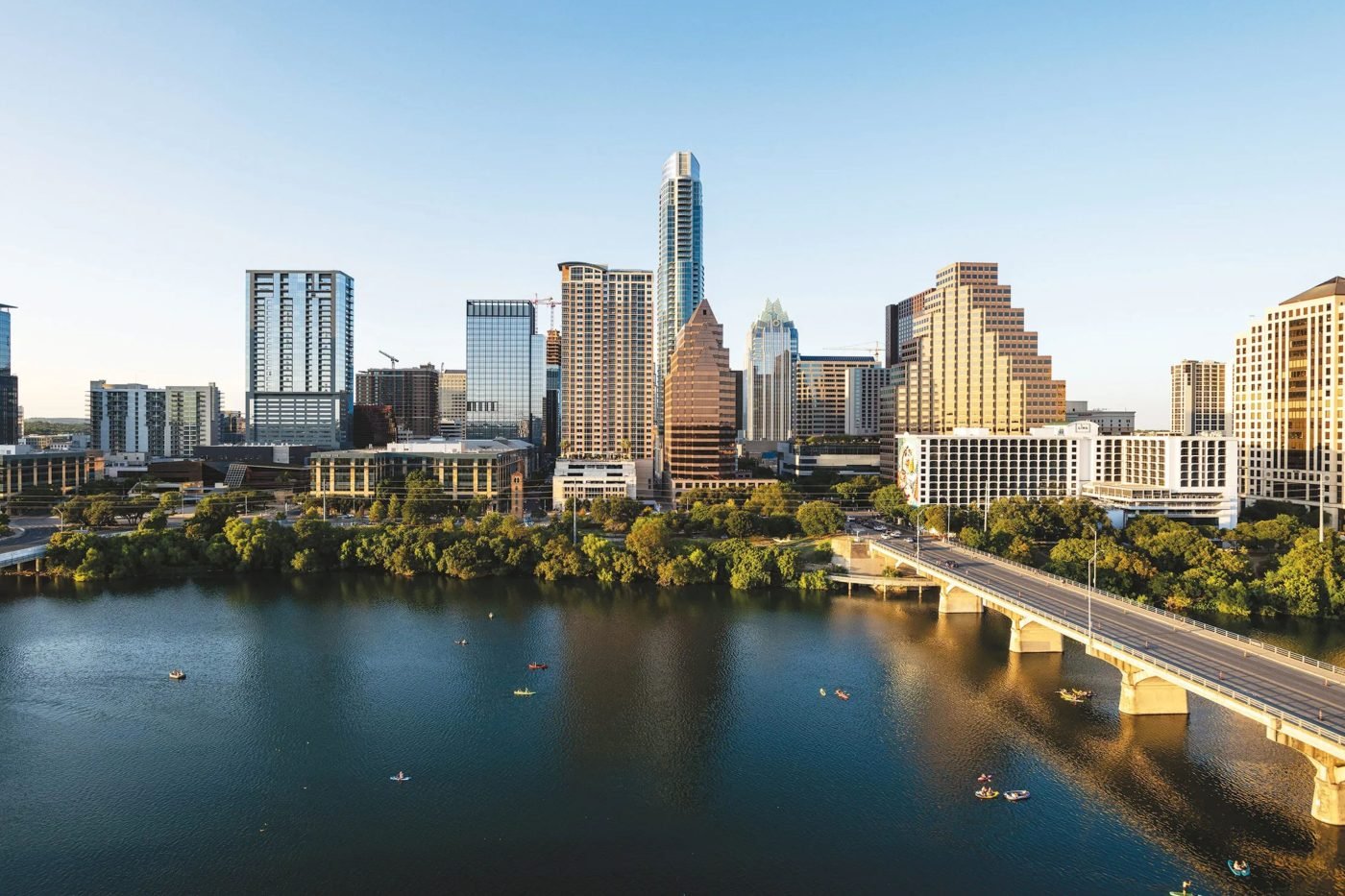
Singapore continues to be Asia’s private-banking fortress. And the wild card in Europe this year is Italy, offering €100,000 (~$179,000 AUD) flat tax on foreign income and the world’s most Instagrammable coastline. According to the Index, the EU country has pulled in an estimated 3,600 wealthy migrants this year.
As the UAE and US continue to welcome wealthy expats, someone else is losing them. And this year, the losses are unprecedented.
For the first time in over a decade, the United Kingdom is the biggest net loser of millionaires with more than 16,500 millionaires projected to leave in 2025. It’s being dubbed a “HIstoric Hemorrhage” by Henley Global; the largest outflow ever recorded from a single country. High taxes, political volatility, and the slow-burn fallout of Brexit have turned London from a global magnet for high-net-worth individuals into an airport departure lounge.
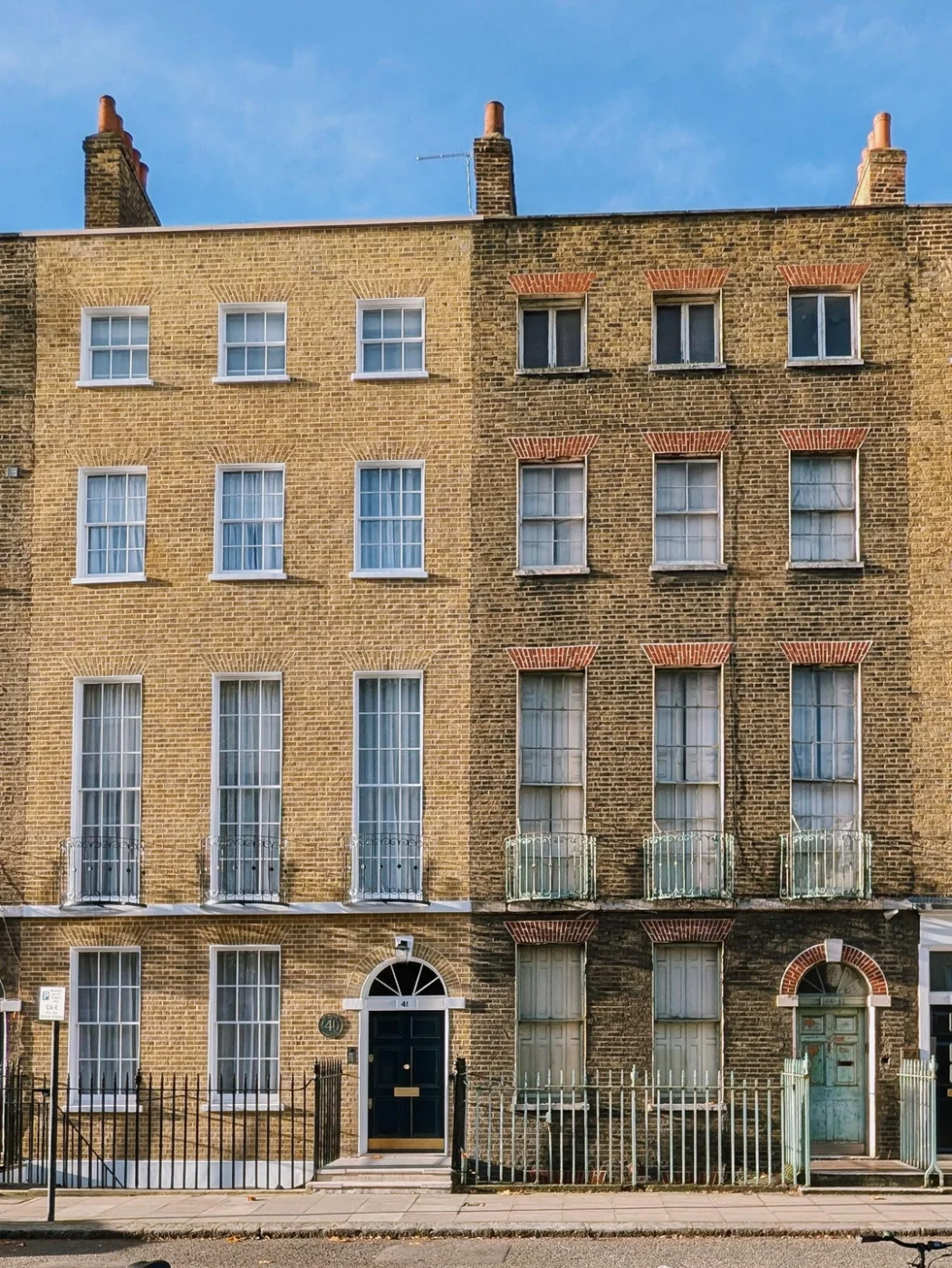
China will lose 7,800 millionaires, while India will wave goodbye to another 3,500. Even high-performing nations like Canada are watching their inflow slow to a trickle, as competition for mobile capital intensifies. And yes, Australia is part of that slowdown.
The Lucky Country is still gaining more wealthy migrants than it loses, but the pace has slowed.
For Australia, this shifting global wealth dynamic isn’t a setback, but it could be the setup for a quiet but powerful rebound.
Our property market, particularly in the trophy-home segment, has oscillated over recent years, even as house prices soared to record highs across the nation’s capital cities. But the key to unlocking fresh demand lies in what today’s wealthy migrants value most: climate resilience, political stability, and elite education options.
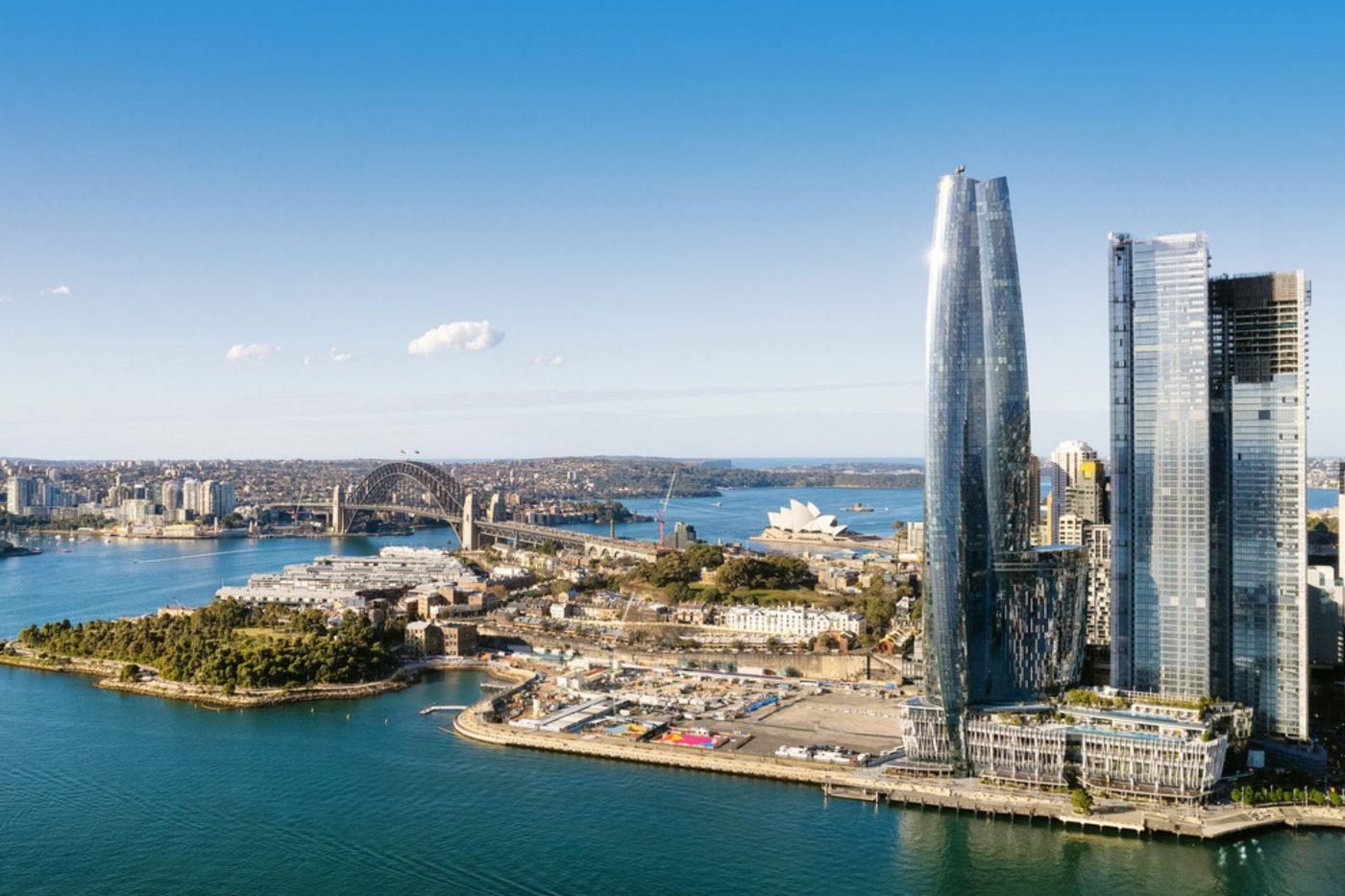
On these fronts, Australia checks all the boxes. Sydney’s iconic harbourside mansions, Melbourne’s elegant tree-lined streets, and premium coastal enclaves like Byron Bay and Noosa stand to benefit from renewed interest by global investors seeking safe, sophisticated havens.
It’s not just real estate poised for growth. Australia’s private capital market is ready to attract a new wave of international entrepreneurs and investors.
Boutique private equity firms, family offices, and angel investors are increasingly seeing inbound pitches from foreign founders keen to base their ventures in a politically stable, business-friendly APAC hub, especially as regional rivals like Singapore and Hong Kong grapple with rising geopolitical tensions and regulatory hurdles.

And when it comes to the luxury goods market, Australia has quietly perfected the art of converting wealthy visitors into loyal, high-spending residents.
An uptick in ultra-high-net-worth migrants means more frequent foot traffic in boutiques offering Swiss watches, high-end tailoring, and luxury vehicles. We’ll likely see more sustainable margin growth for brands positioned to capture this discerning clientele.
Even a modest influx of wealthy migrants into Australia will send ripples far beyond the property market. Expect increased competition for trophy real estate, higher valuations in prestige retail and hospitality, and a surge in offshore co-investors showing up in local startup funding rounds.
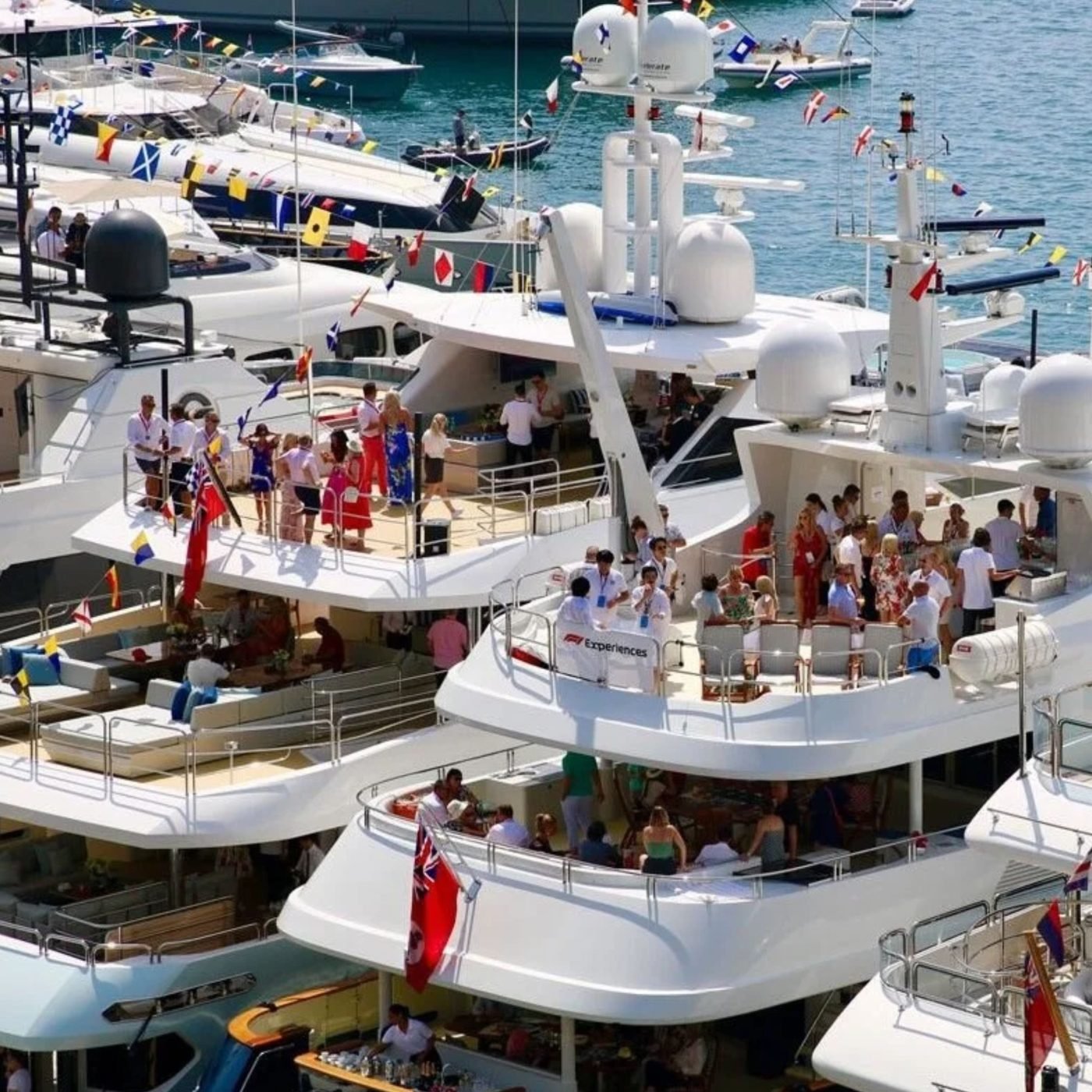
For those with capital to deploy, this means positioning yourself strategically where that fresh wealth lands. Whether that’s harbourside mansions, luxury goods, or investable ventures geared toward globally minded buyers.
Millionaire migration moves faster than traditional economic data. Faster than capital flow reports, corporate investment updates, and even property price trends. By the time these shifts hit mainstream headlines, the savviest players have already made their moves.
Even if Australia isn’t leading the pack in net inflows right now, this country’s political stability and quality of life make it a reliable second- or third-choice destination for wealthy migrants looking to safeguard and grow their assets during uncertain times.
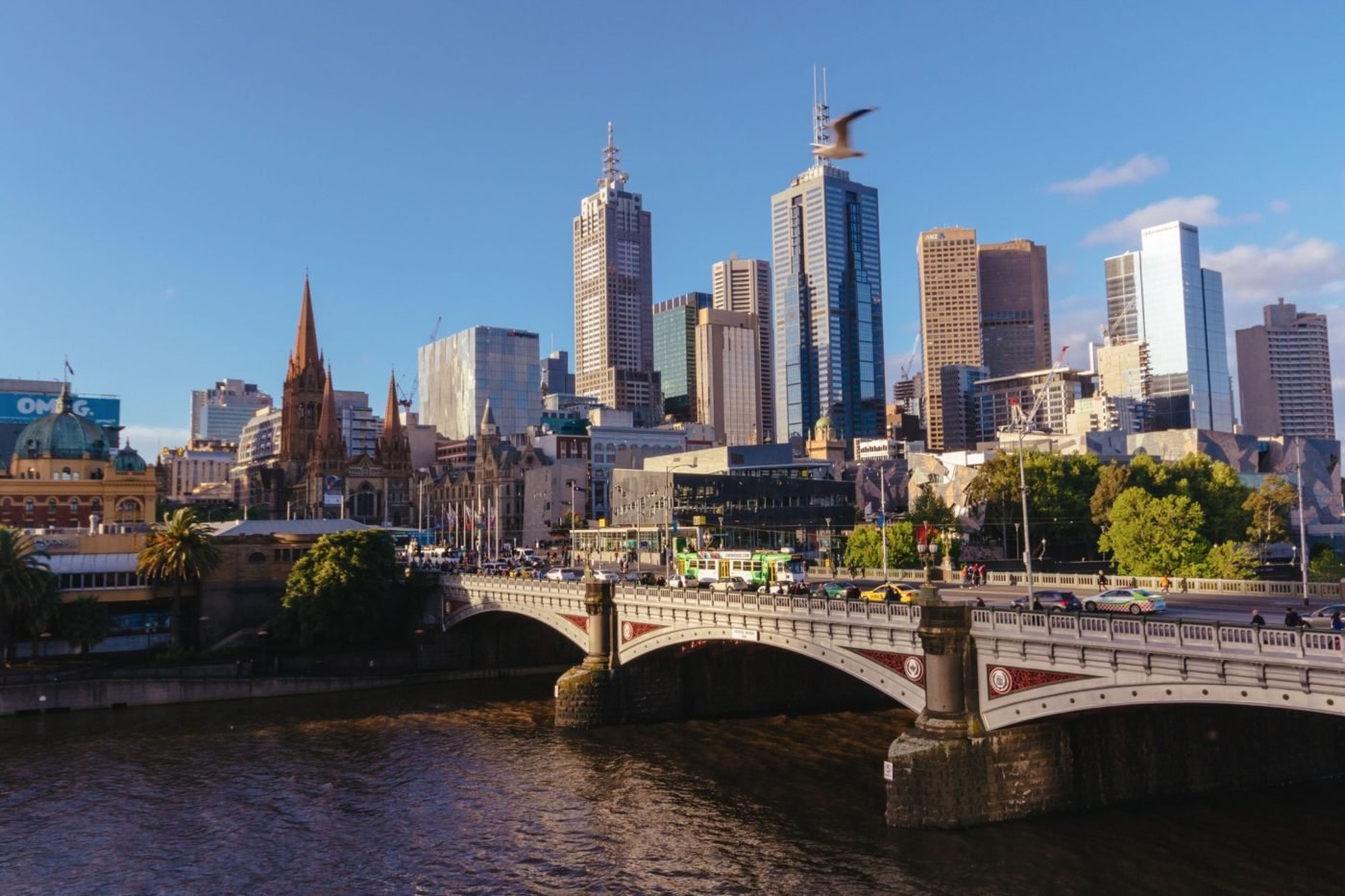
That alone can ignite sector-specific booms, but ignoring these trends risks leaving Australia trailing behind countries like Italy, the UAE, and Singapore in the global battle for talent, capital, and influence.
With 142,000 millionaires shifting their personal empires in 2025 alone, the global wealth landscape is changing fast. Australia might not hold the biggest pile of chips, but it’s still very much part of that game.
dmarge





